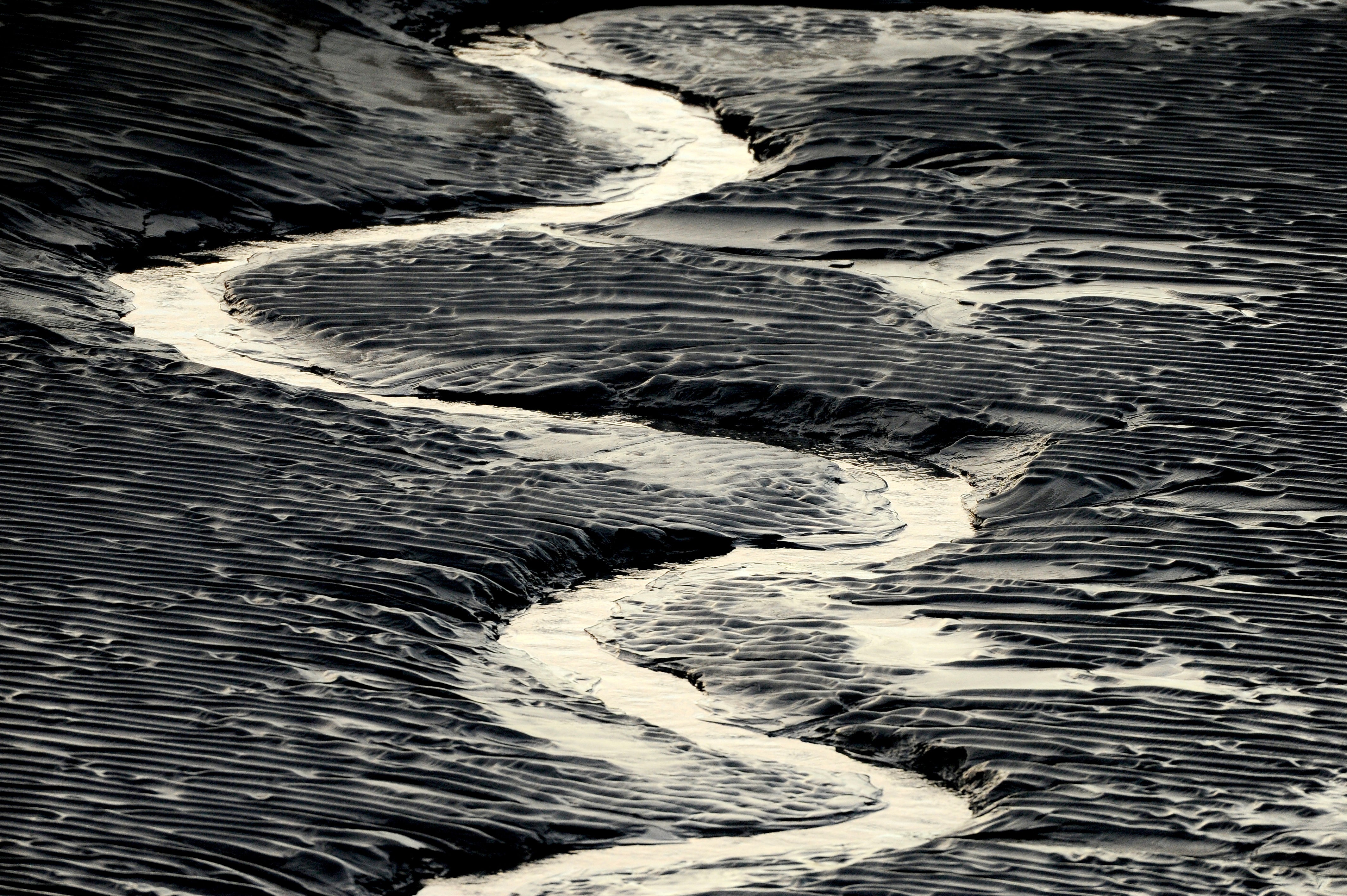Cruising to Nome: The first U.S. deep water port for the Arctic to host cruise ships, military
Climate change is opening up the Arctic, and a $600 million-plus expansion will make Nome on Alaska's western coast the nation’s first deep-water Arctic port

The cruise ship with about 1,000 passengers anchored off Nome, too big to squeeze into into the tundra city's tiny port. Its well-heeled tourists had to shimmy into small boats for another ride to shore.
It was 2016, and at the time, the cruise ship Serenity was the largest vessel ever to sail through the Northwest Passage.
But as the Arctic sea ice relents under the pressures of global warming and opens shipping lanes across the top of the world, more tourists are venturing to Nome — a northwest Alaska destination known better for the Iditarod Trail Sled Dog Race and its 1898 gold rush than luxury travel.
The problem remains: There's no place to park the big boats. While smaller cruise ships are able to dock, officials say that of the dozen arriving this year, half will anchor offshore.
That's expected to change as a $600 million-plus expansion makes Nome, population 3,500, the nation's first deep-water Arctic port. The expansion, expected to be operational by the end of the decade, will accommodate not just larger cruise ships of up to 4,000 passengers, but cargo ships to deliver additional goods for the 60 Alaska Native villages in the region, and military vessels to counter the presence of Russian and Chinese ships in the Arctic.
It's a prospect that excites business owners and officials in Nome, but concerns others who worry about the impact of additional tourists and vessel traffic on the environment and animals Alaska Natives depend on for subsistence.
The expansion will "support our local economy and the local artists here, the Indigenous artists having access to the visitors and teaching and sharing our culture and our language and how we how we make our beautiful art,” said Alice Bioff, an Inupiaq resident of Nome.
Bioff was a tour guide who greeted the Serenity's passengers when they arrived in 2016. One of the guests admired her cloth kuspuk, a traditional Alaska Native garment similar to a smock, and wanted to know if it was water resistant.
It wasn’t, but the interaction inspired Bioff to create her own line of waterproof jackets styled like kuspuks. She now sells to tourists and locals alike from her own Naataq Gear gift store, a retail spot in the post office building, where about 20 Alaska Native artists offer ivory carvings, beadwork or paintings through consignment.
Studies show that cruise ship passengers typically spend about $100 per day in Nome, city manager Glenn Steckman said.
With the expansion, he’s hoping guests on larger cruise ships will extend their stays to experience more of Nome and the tundra, to view wild musk ox, or to sip a drink at the 123-year-old Board of Trade Saloon.
Climate change is making this all possible.
Nome, founded after gold was discovered in 1898, has seen six of its 10 warmest winters on record just in this century. The Bering Strait shipping lanes have gotten only busier since 2009, going from 262 transits that year to 509 in 2022.
“We’re going to be the first deep-draft Arctic port but probably not going to be the last,” Nome Mayor John Handeland said.
The Bering Sea ice on average reaches Nome in late November or December, about two or three weeks later than it did 50 years ago, said Rick Thoman, a climate specialist at the International Arctic Research Center at the University of Alaska Fairbanks.
In 2019, mushers in the Iditarod, who normally drive their dog teams on the Bering Sea ice to the finish line in Nome, were forced onto the beach because of open water. The ice season will only get shorter, Thoman said.
The existing port causeway was completed in the mid-1980s. The expansion will be completed in three phases and effectively double its size. The first part of the project is funded by $250 million in federal infrastructure money with another $175 million from the Alaska Legislature. Field work is expected to begin next year.
Currently three ships can dock at once; the expanded dock will accommodate seven to 10.
Workers will dredge a new basin 40 feet (12.2 meters) deep, allowing large cruises ships, cargo vessels, and every U.S. military ship except aircraft carriers to dock, Port Director Joy Baker said.
U.S. Rep. Dan Sullivan, an Alaska Republican, said the expanded port will become the centerpiece of U.S. strategic infrastructure in the Arctic. The military is building up resources in Alaska, placing fighter jets at bases in Anchorage and Fairbanks, establishing a new Army airborne division in Alaska, training soldiers for future cold-weather conflicts and has missile defense capabilities.
“The way you have a presence in the Arctic is to be able to have military assets and the infrastructure that supports those assets,” Sullivan said.
The northern seas near Alaska are getting more crowded. A U.S. Coast Guard patrol board encountered seven Chinese and Russian naval vessels cooperating in an exercise last year about 86 miles (138 kilometers) north of Alaska’s Kiska Island.
Coast guard vessels in 2021 also encountered Chinese ships 50 miles (80 km) off Alaska’s Aleutian Islands.
NATO Secretary General Jens Stoltenberg last yea r warned that Russia and China have pledged to cooperate in the Arctic, “a deepening strategic partnership that challenges our values and interests."
Still, the prospect of Nome welcoming more tourists and a greater military presence bothers some residents. Austin Ahmasuk, an Inupiaq native, said the port's original construction displaced an area traditionally used for subsistence hunting or fishing, and the expansion won't help.
“The Port of Nome is development purely for the sake of development,” Ahmasuk said.
Bookmark popover
Removed from bookmarks